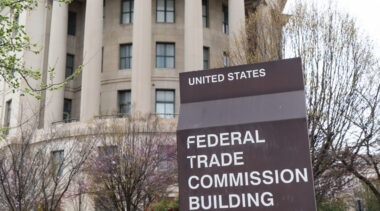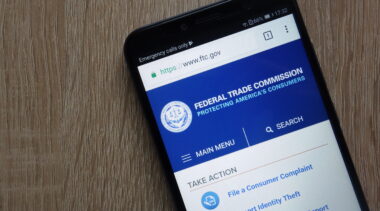Max Gulker, Ph.D., is a senior policy analyst at Reason Foundation.
Gulker’s research and writing bring a fresh perspective to social policy issues and debates. Gulker's recent research topics include welfare and work requirements, the impact of recent government policy on urban poverty, childcare, and cash assistance. Rather than traditional top-down approaches, Gulker looks for social policy alternatives where the private, public and non-profit sectors empower, rather than dictate to, people, families, and communities in need.
Prior to joining Reason Foundation, Gulker spent five years with the American Institute for Economic Research, where he wrote on social policy, including employment, education and healthcare, and emerging technology, including cryptocurrency, tech antitrust, and the sharing economy. Gulker has appeared on television news outlets including the Fox Business Channel, print media including the Wall Street Journal, and podcasts including Kibbe On Liberty. He has presented research, given speeches, and participated in panels at conferences on economics, technology and politics.
Gulker received his BA in Economics from the University of Michigan in 2000 and his Ph.D. in economics from Stanford University in 2008. Prior to entering the policy research field, he spent several years in the private sector, consulting on litigation including antitrust, intellectual property, bankruptcy and shareholder class actions.
-
The DOJ’s Apple antitrust suit doesn’t add up
Practices labeled ‘exclusionary’ by the DOJ created the iPhone ecosystem many consumers prefer.
-
Supreme Court should rule Florida and Texas social media laws unconstitutional
During oral arguments, the Supreme Court's justices seemed skeptical of the Florida and Texas social media laws.
-
AI model openness is a question for the market, not regulators
Public policy should focus on working with industry to standardize and deploy AI detection and evaluation systems in appropriate areas.
-
As regulators fight big tech mergers, startups often pay the price
Regulators deterred Amazon’s acquisition of iRobot. They may also have deterred innovation and future competition.
-
Supreme Court should rule freedom of association protects social media from state regulation
The Supreme Court should rule the Texas and Florida social media laws unconstitutional.
-
The tension between tech competition and regulating privacy
Regulators targeting big tech may face an even thornier problem as sweeping new regulations start to undermine each other.
-
The FTC claims Amazon is a monopolist but misunderstands online retail
The narrow and rigid definition of online retail markets on which the FTC builds its case against Amazon is out of step with a high-tech economy.
-
Protectionist laws will not save local news
As is typical of protectionist laws, the small group of true winners would be those connected to the power that comes with writing the regulations.
-
What you should know about the newly proposed federal Merger Guidelines
The 13 new guidelines present resistance against prospective mergers far more aggressive than positions taken by authorities for decades.
-
Refocusing U.S. welfare policy on economic opportunity
This study examines how the welfare system and banking, housing, criminal justice, and labor market regulations reduce and undermine opportunities for low-income Americans.
-
Calls to regulate AI ignore how consumers help shape innovation
If we set up tight guardrails against AI evolution and innovation, we may miss out on the benefits of a technology revolution.
-
Discretionary government power often backfires, no matter its target
The left and right should be concerned about discretionary and targeted power wielded by regulators and the executive branch.
-
Examining day-to-day crypto volatility and why it’s important
Bitcoin, Ethereum, and other cryptocurrencies frequently exhibit daily price drops during bull markets and increases during bear markets far in excess of traditional assets.
-
FTC Chair Lina Khan’s consolidation of power is a feature of her approach to antitrust, not a bug
New Brandeisians, led by Lina Khan, seek to move away from the consumer welfare standard of antitrust enforcement.
-
Cutting California’s budget deficit and reforming state government
Gov. Newsom should start to eliminate regulations stifling things like infrastructure and housing projects and right-size government.
-
Can the FTC block technology mergers based on future market predictions?
The bid to block Meta from acquiring Within will test the FTC’s argument that potential future concentration is enough to stall the merger.
-
Cannabis markets: Growth, innovation, and burdensome regulation
As the legal cannabis market matures in some states, the regulatory regime in place threatens to stifle cannabis producers and retailers.
-
Privatization and Government Reform News: Impact of occupational licensing, ESG investing, and more
Plus: Outsourcing sewer and water operations, nuclear power for the Air Force, and more.


















